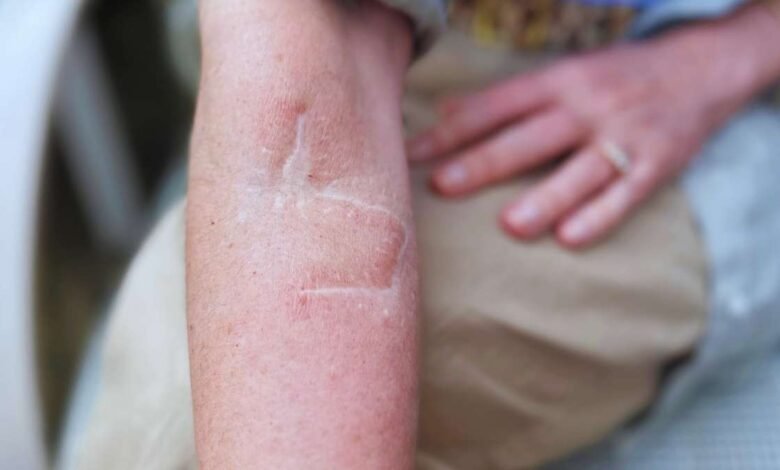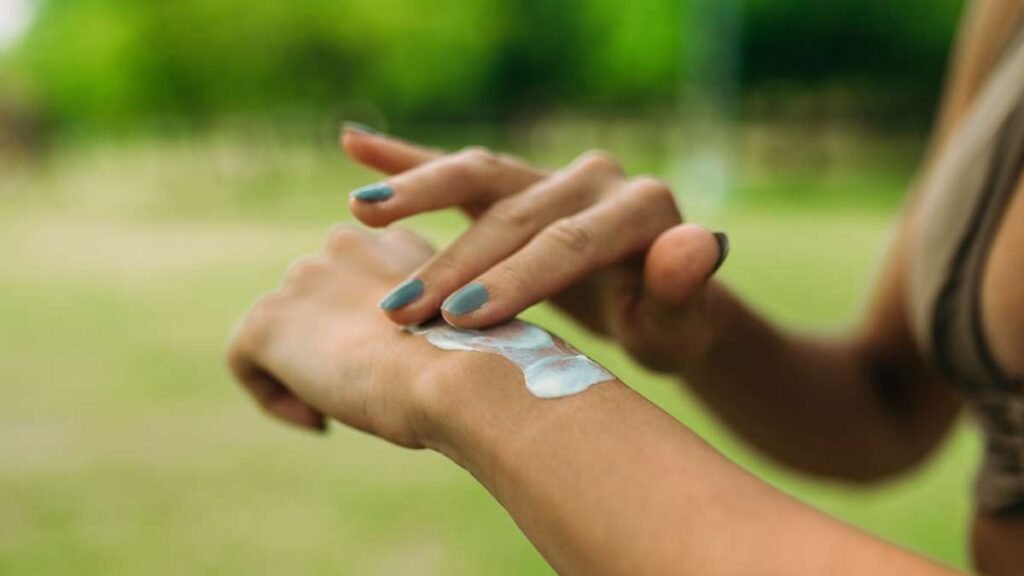Sunscreen’s Role in Cancer Prevention: Setting the Record Straight

Recent discussions have sparked confusion over whether sunscreen is a friend or foe in the fight against cancer. Despite some circulating myths, experts affirm that sunscreen is a crucial tool in preventing skin cancer, not causing it.
Sunscreen: Essential for Skin Cancer Prevention
Health professionals emphasize the importance of using sunscreen as a preventive measure against skin cancer. Dermatologists and oncologists alike advocate for daily sunscreen use to block harmful ultraviolet (UV) rays. These rays can damage skin cells and lead to various forms of skin cancer, including melanoma, which is the deadliest.
Debunking the Myths

Rumors suggesting that sunscreen could cause cancer are not supported by scientific evidence. Studies consistently show that ingredients in sunscreens are safe and effective when used as directed. Regulatory agencies, including the FDA, rigorously test these products to ensure their safety for public use.
Understanding UV Radiation
UV radiation from the sun is a well-documented carcinogen. Prolonged exposure to UV rays can damage the DNA in skin cells, increasing the risk of skin cancer. Sunscreen acts as a barrier, absorbing or reflecting these harmful rays. By preventing sunburns and long-term UV damage, sunscreen significantly reduces the likelihood of developing skin cancer.
The Importance of Broad-Spectrum Protection
Broad-spectrum sunscreens protect against both UVA and UVB rays. UVA rays penetrate deeply into the skin, contributing to aging and long-term damage, while UVB rays cause sunburn. Effective sunscreens help mitigate both immediate and delayed skin damage, making them essential for comprehensive skin protection.
Proper Sunscreen Use

For maximum protection, apply sunscreen generously and regularly. Experts recommend using about one ounce (a shot glass full) to cover exposed skin. Reapply every two hours, or more often if swimming or sweating. Additionally, sunscreen should be part of a broader sun protection strategy, including wearing hats, sunglasses, and seeking shade during peak sun hours.
Choosing the Right Sunscreen
When selecting sunscreen, opt for a broad-spectrum product with an SPF of 30 or higher. Water-resistant options are preferable for outdoor activities. For those with sensitive skin, mineral-based sunscreens containing zinc oxide or titanium dioxide are effective and less likely to cause irritation.
Conclusion
In conclusion, sunscreen remains a vital component in the fight against skin cancer. By understanding the science and using sunscreen correctly, individuals can protect themselves from the harmful effects of UV radiation. Disregarding myths and focusing on factual information ensures that sunscreen continues to play its crucial role in public health.
By adhering to expert advice and dispelling unfounded fears, we can all enjoy the sun safely while reducing the risk of skin cancer.





